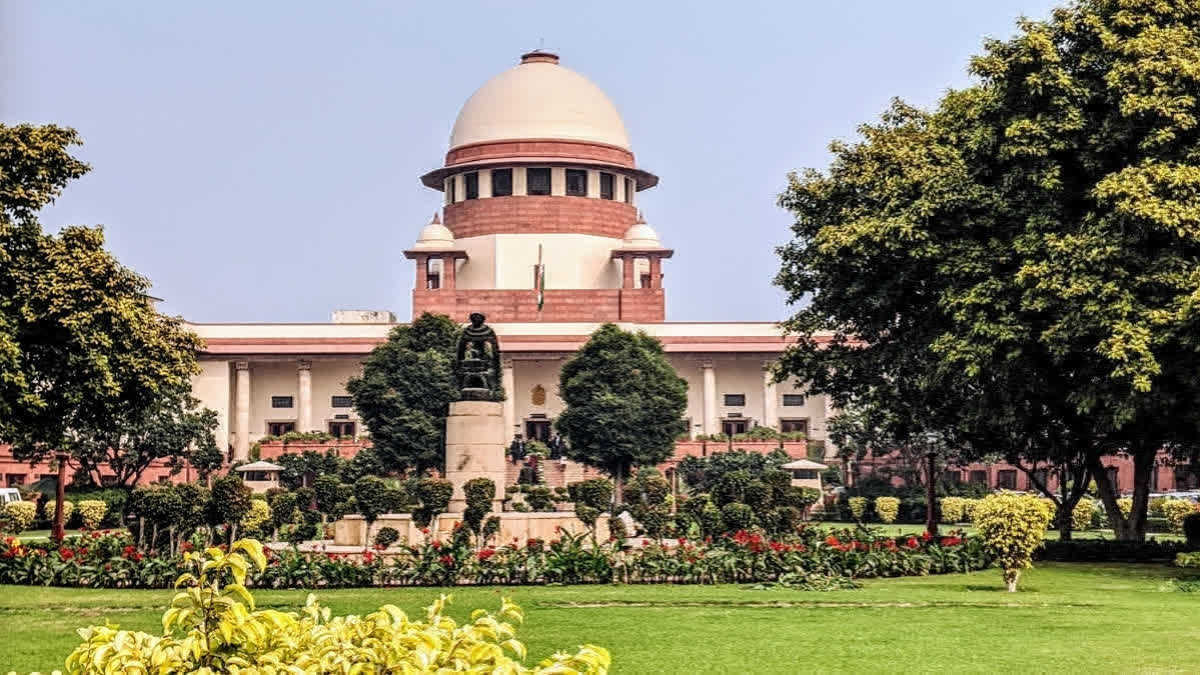New Delhi:The Supreme Court on Friday put on hold an order passed by the Madras High Court restoring corruption charges in connection with the possession of disproportionate assets against Tamil Nadu ministers K K S S R Ramachandran and Thangam Thennarasu and their spouses.
The matter came up for hearing before a bench comprising Justices Hrishikesh Roy and Prashant Kumar Mishra. Senior advocates Mukul Rohatgi, A M Singhvi, Kapil Sibal, Sidharth Luthra, and S Muralidhar appeared for the petitioners. It was argued before the apex court that the High Court had exceeded jurisdiction by directing the framing of charges.
The counsel submitted that in criminal revision the High Court should not have rejected the closure report filed by the directorate of vigilance and anti-corruption (DVAC). After hearing submissions, the apex court issued notice to the Tamil Nadu government on the plea challenging the High Court’s order.
The High Court, in August, had overturned previous orders from special courts that had discharged Tamil Nadu Revenue and Disaster Management Minister K K S S R Ramachandran and Human Resource Management Minister Thangam Thennarasu from the corruption cases. The petitioners moved the apex court challenging the setting aside of their discharge passed by the High Court in suo motu exercise of the jurisdiction.
It was alleged that Ramachandran amassed disproportionate wealth as Health and Backward Classes Minister during the 2006-2011 of DMK regime, along with his wife and friend. The DVAC invoked provisions under the Prevention of Corruption Act but, in July 2023, filed a final report citing no established offences. The Minister was discharged by the special court.
During his tenure as the school education minister in the 2006-2011 DMK regime, Thangam Thenarasu and his wife allegedly amassed disproportionate assets. DVAC’s final report said no offence was made out, which led to his discharge in December 2023, by the special court.
Justice N Anand Venkatesh, the single bench of the High Court, had observed the DVAC's efforts to support the discharge application by the accused suggested a "compromised investigation aimed at exonerating them".
